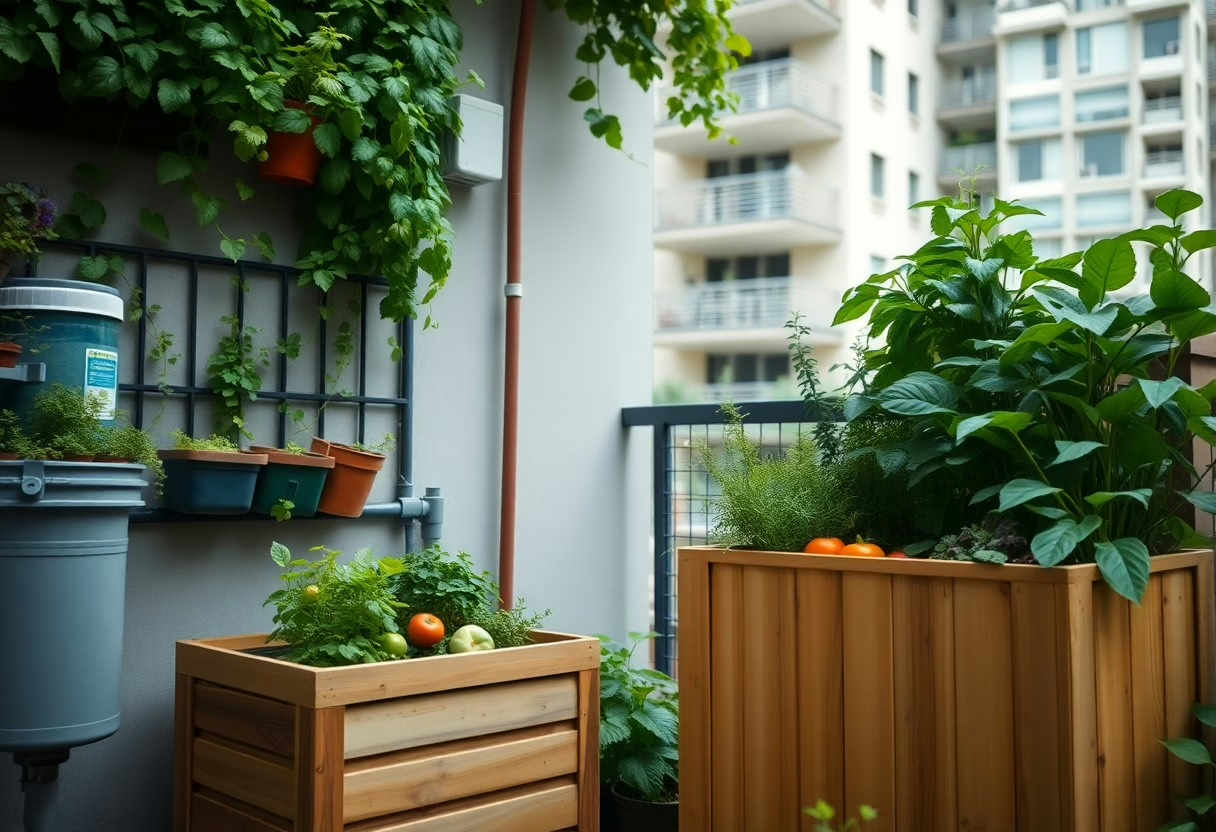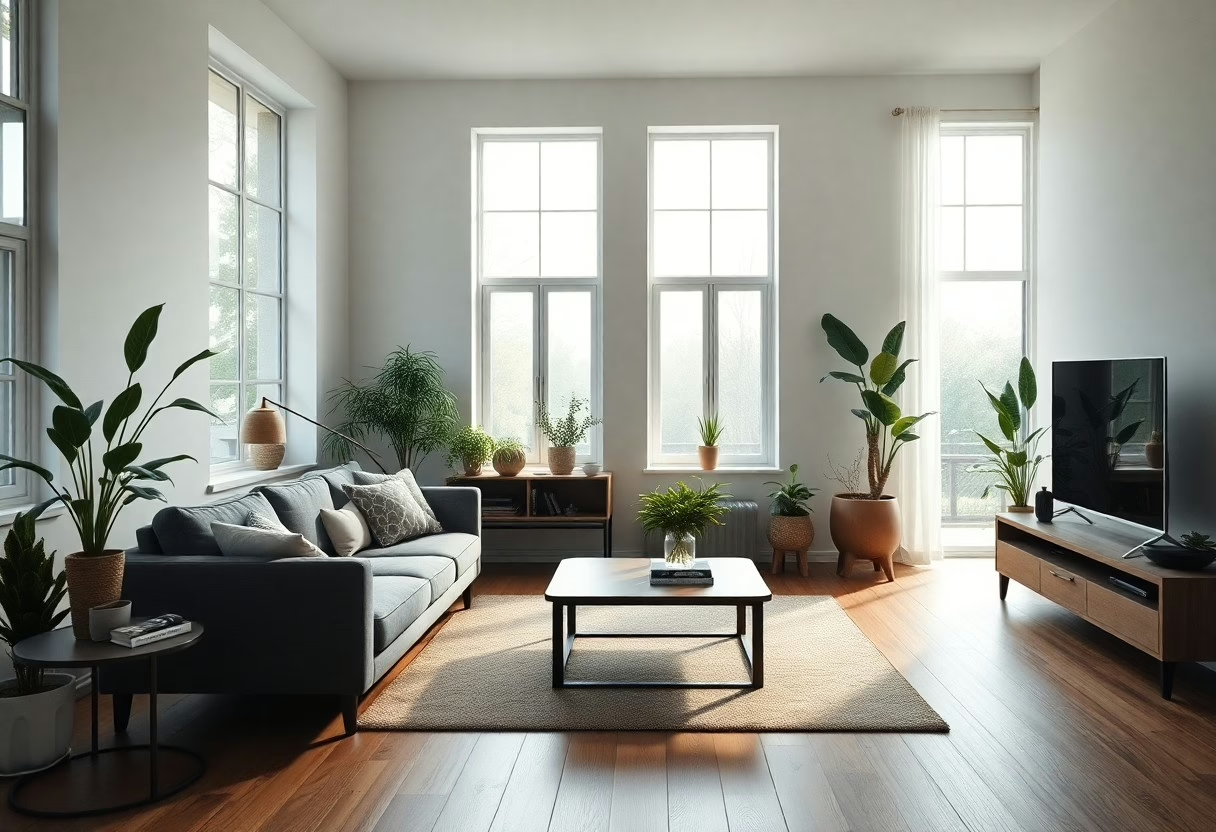Most people find themselves overwhelmed by the fast pace of modern life, often sacrificing their well-being for material pursuits. By embracing simple living, you can strip away unnecessary complexities and focus on what truly matters. This blog post explores how simplifying your lifestyle can lead to significant positive changes in your mental, emotional, and environmental well-being.
The Philosophy of Minimalism: Less is Truly More
Minimalism invites you to embrace simplicity by focusing on what truly enhances your life. By shedding excess belongings, commitments, and distractions, you cultivate an environment that fosters clarity, purpose, and fulfillment. Adopting minimalism transforms not just your physical space but also your mindset, allowing you to prioritize experiences and relationships over material possessions. The roots of minimalism can be traced back to various cultural movements throughout history, including the Zen philosophy of Japan and the simplicity advocated by early 20th-century artists and architects. Influential figures like Donald Judd and John Cage reshaped art and music, promoting ideas that stripped away unnecessary elements to focus on vitals. Simplifying your life can significantly improve your mental well-being by reducing anxiety and stress levels. A decluttered space promotes a sense of calm and order, enhancing your ability to focus and think clearly. Studies have shown that individuals who engage in minimalist practices report higher levels of life satisfaction and resilience. By concentrating on fewer commitments and possessions, you find the freedom to engage more fully with your passions and relationships.
Practical Steps to Embrace Simple Living
Adopting simple living involves practical changes that can lead to a more fulfilling lifestyle. Start by evaluating your current commitments and possessions, identifying what truly adds value to your life. Gradually, you can implement small adjustments to your daily routine, focusing on quality over quantity. Begin by tackling one area of your home at a time, sorting through items to determine what you genuinely need. Use the “one-year rule”: if you haven’t used it in the past year, consider letting it go. Donate, recycle, or discard items that no longer serve you, creating a more serene and functional environment. Digital clutter can be just as overwhelming as physical clutter. Take time to evaluate your digital spaces by unsubscribing from unnecessary emails and deleting apps that you rarely use. Organize your files into folders and establish a routine to regularly review your digital possessions. Statistics show that the average person receives 121 emails daily, often leading to distractions and stress. Create a designated time each week to tackle digital tasks, such as deleting unused apps and organizing files.

Sustainable Choices: How Minimalism Promotes Environmental Awareness
Embracing minimalism not only cultivates a simpler lifestyle but also heightens your awareness of environmental impact. By reducing consumption and focusing on quality over quantity, you can significantly lower your ecological footprint. Choosing sustainable products and practices in your daily life encourages a shift toward a more environmentally friendly society. Your consumer habits play a significant role in shaping the planet’s health. The relentless pursuit of goods contributes to resource depletion, increased waste, and higher greenhouse gas emissions. The production of a single cotton t-shirt requires an estimated 2,700 liters of water, highlighting how consumption directly affects water scarcity. Adopting sustainable alternatives helps transform your daily routines into eco-friendly practices. Opt for reusable items like cloth bags, stainless steel water bottles, and beeswax wraps instead of single-use plastics. Consider local, seasonal produce to reduce transportation emissions and support local farmers. By replacing conventional cleaning products with eco-friendly options, you protect your health as well as the environment.
The Social Impact of Simple Living
Simple living fosters a deeper sense of purpose, creating ripple effects within communities. By prioritizing meaningful experiences over material possessions, you can contribute to a culture that values human connection and shared resources. This shift encourages collaborative consumption, like community gardens and tool libraries, ultimately enhancing quality of life while reducing environmental footprints. Engaging in simple living practices leads to stronger community ties. As you prioritize local resources and support small businesses, you participate in a network that strengthens social bonds. This interconnectedness allows for resource sharing, collaborative projects, and a shared sense of responsibility. Intentional living serves as a cornerstone for developing fulfilling relationships. By actively choosing how you spend your time and resources, you create space for the connections that matter most. This focused approach can transform superficial encounters into meaningful interactions.
Rethinking Success: Redefining Priorities in a Fast-Paced World
Success has taken on new meanings as you navigate the complexities of modern life. Prioritizing what truly matters allows for a more meaningful existence beyond the relentless chase for status and wealth. Shifting focus from external validation to personal fulfillment fosters a sense of contentment that aligns with your unique values. Embracing minimalism leads to significant financial freedom, allowing you to detach from the consumerist cycle. Reducing material possessions frees up your income, enabling prioritization of experiences and savings. Simplifying your lifestyle often results in lower expenses, decreased debt, and an opportunity to invest in your future. Mastering time management directly enhances your quality of life. You gain control over your schedule, allowing space for personal interests and relationships. Prioritizing tasks and limiting distractions creates efficient routines that empower you to allocate time for what truly matters. Studies show that individuals who effectively manage their time report higher levels of happiness and lower instances of burnout.
Final Words
Embracing simple living can significantly enhance your quality of life while reducing your ecological footprint. By prioritizing experiences over possessions and adopting mindful consumption habits, you can create a lifestyle that reflects your values while fostering sustainability. Each small decision contributes to a larger movement towards a more responsible society, ultimately leading to a healthier planet and more fulfilling life.


